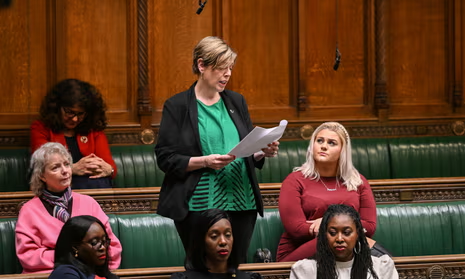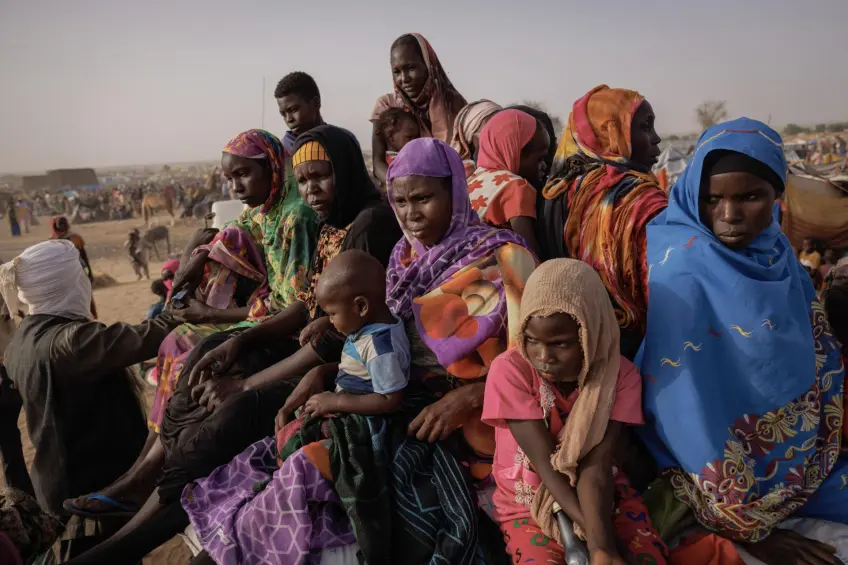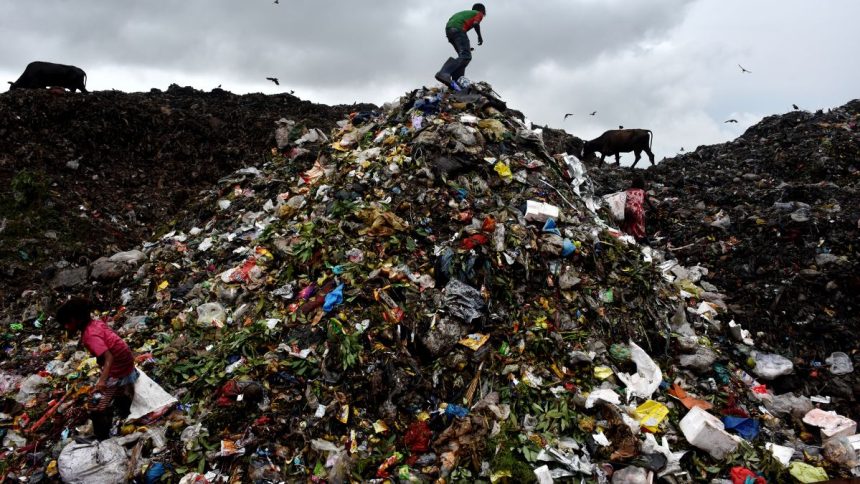In a significant move to address the UK’s modern slavery crisis, the government has announced the recruitment of 200 additional Home Office staff to help eliminate a massive backlog of 23,300 unresolved modern slavery cases.
This backlog, a result of previous government shortcomings, has left thousands of individuals in legal limbo, many of whom have endured severe sexual, physical, and economic exploitation. With this new initiative, the government is aiming to clear the caseload within two years, providing victims with much-needed clarity and paving the way for their recovery.
The human impact of this backlog has been profound. Survivors of modern slavery in the UK, which includes women, men, and children, have faced lengthy delays in receiving official confirmation of their victim status.
This confirmation, known as a “conclusive grounds decision,” is crucial for those who have been referred through the UK’s National Referral Mechanism (NRM), as it enables them to access legal, financial, and psychological support. Without it, many survivors are left in a state of uncertainty, prolonging their trauma and mental health suffering.
The UK government has acknowledged the urgent need to reform the system and ensure that modern slavery survivors receive the attention and care they deserve. Minister for Safeguarding, Jess Phillips, outlined the government’s new approach in an official statement:

“For too long, modern slavery survivors and the harrowing experiences they have lived through have not been given the attention and support they deserve. This is going to change. The actions I have announced today are a first step towards putting survivors first, eradicating the backlog of modern slavery cases to give victims the clarity and peace of mind they need to move on with their lives.”
This renewed commitment marks a significant shift in how the government handles modern slavery cases, and it sets the tone for a more victim-centered approach moving forward.
READ ALSO: North Korea’s Troop Deployment Solidifies Military Alliance with Russia
While the UK is making strides in addressing modern slavery, it remains a global crisis. According to the International Labour Organisation (ILO), an estimated 50 million people were living in conditions of modern slavery as of 2021. This figure includes 28 million individuals in forced labour and 22 million trapped in forced marriages, highlighting the diverse forms that modern slavery can take.
The scale of the problem has grown dramatically over the past decade. Between 2016 and 2021, the number of people in modern slavery increased by 10 million, driven by factors such as conflict, climate change, and the socio-economic fallout of the COVID-19 pandemic. Vulnerable groups, including women and children, are disproportionately affected, with many becoming victims of trafficking, exploitation, and forced marriage.
Modern slavery is not confined to low-income countries. In fact, over half of all forced labour cases and a quarter of forced marriages are found in upper-middle-income or high-income nations, including the UK. It cuts across ethnic, cultural, and religious lines, affecting individuals in nearly every country worldwide.
The persistence of modern slavery, even in developed nations, underscores the need for robust systems of protection and support. Without timely intervention and adequate resources, survivors remain trapped in cycles of abuse and exploitation, unable to rebuild their lives or access the justice they deserve.

The UK government’s plan to address the backlog of modern slavery cases represents a positive step toward giving survivors the clarity and security they need. By expanding the capacity of the Home Office, the government aims to expedite the processing of cases, reducing the prolonged periods of uncertainty that many victims face. This not only provides much-needed legal clarity but also helps to restore dignity to those who have suffered immense trauma.
As efforts continue to combat modern slavery on both a national and global scale, it is crucial that governments, civil society, and the international community work together to dismantle the systems of exploitation that allow this form of abuse to persist. The UK’s initiative is just the beginning, but it sends a clear message: survivors of modern slavery deserve more, and it is time to put their needs at the forefront of policy and action.
While the road to recovery for many survivors may still be long, this effort to clear the backlog offers a glimmer of hope—one step closer to justice and the chance for survivors to reclaim their lives.

